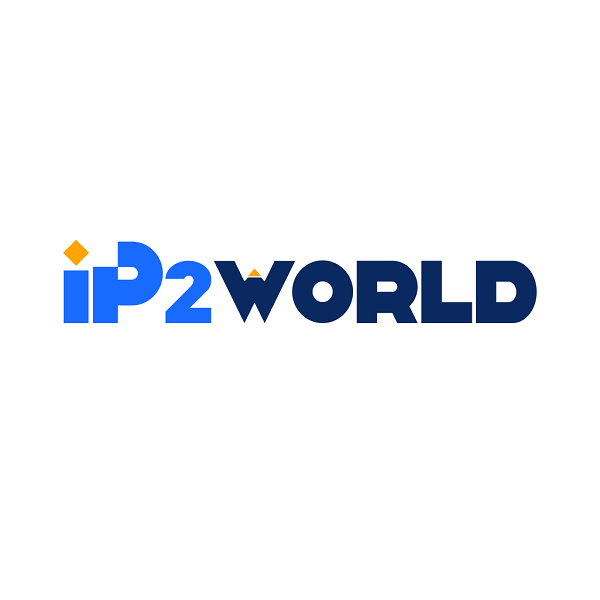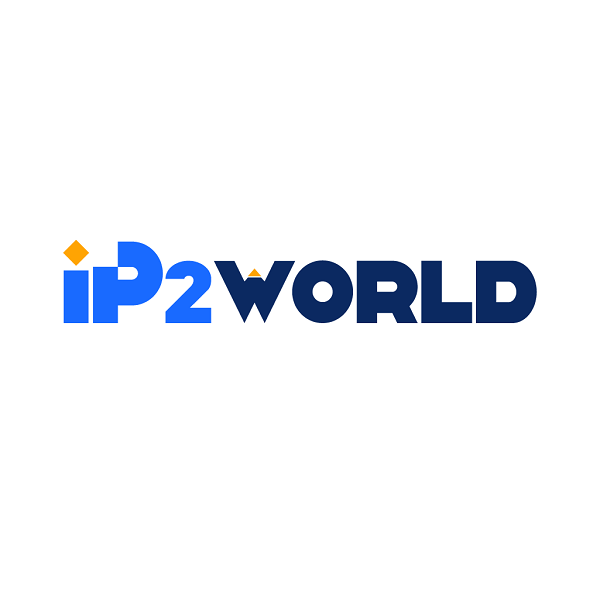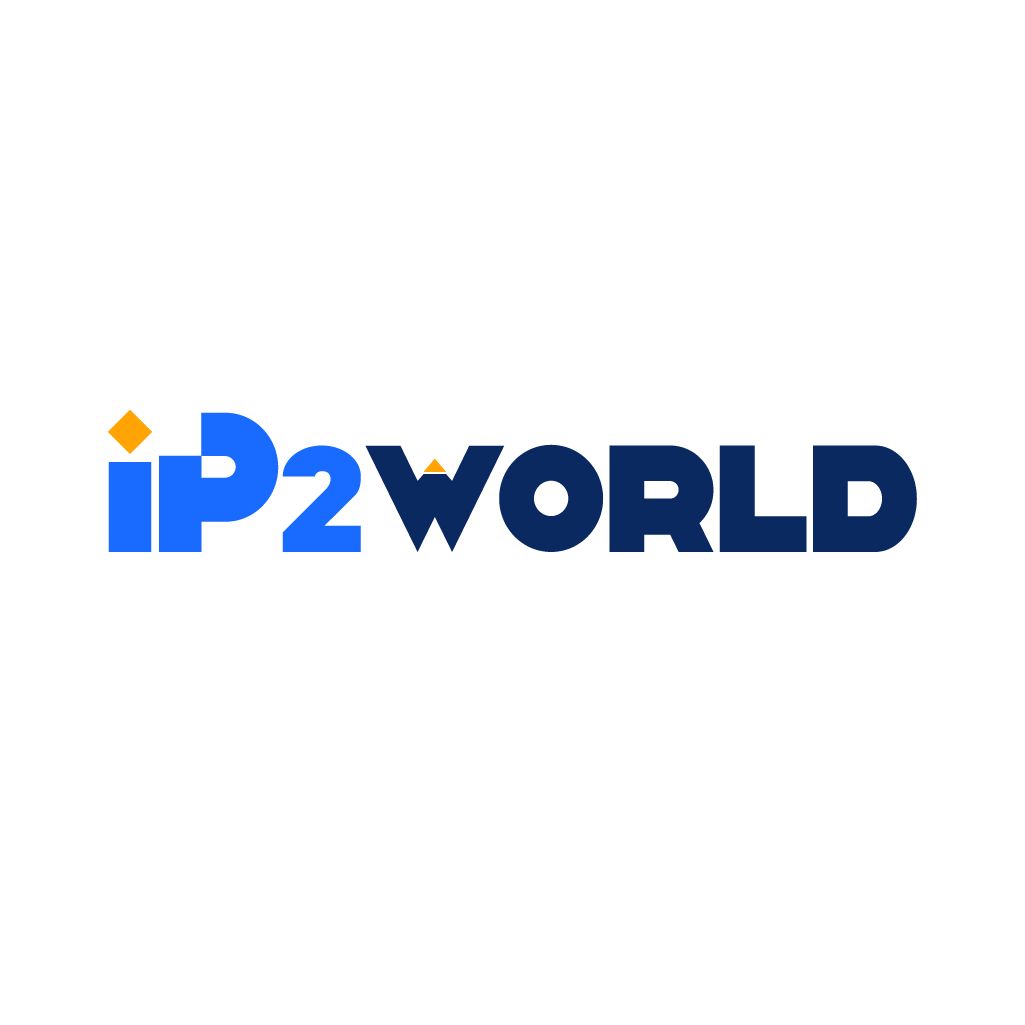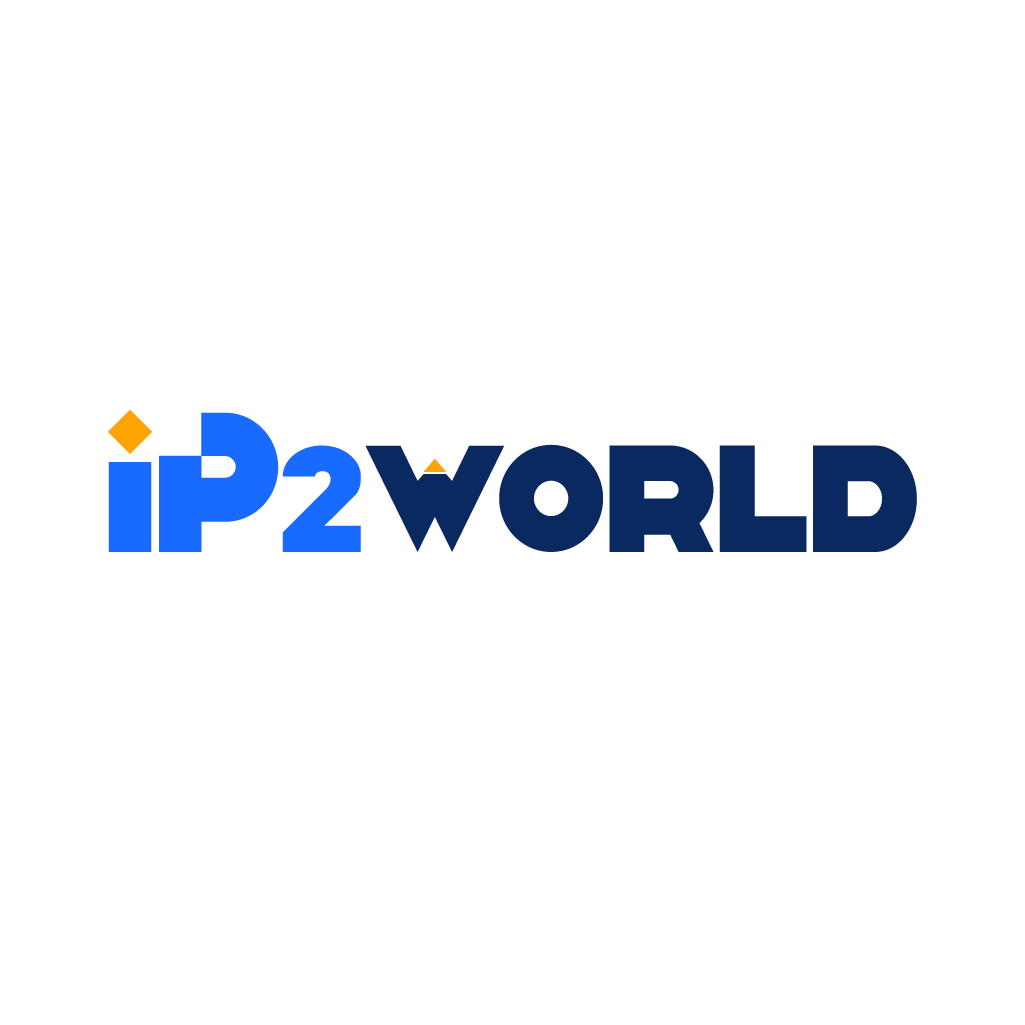In today’s digital world, privacy and security are paramount concerns for internet users. One way to enhance privacy is by using proxy servers, which act as intermediaries between users and the internet. However, there are times when you may need to determine whether an IP address is using a proxy server. This article will provide a comprehensive guide on how to identify if an IP address is routed through a proxy, including methods, tools, and considerations.Understanding Proxy ServersBefore diving into detection methods, it’s essential to understand what a proxy server is. A proxy server is a computer or network service that acts as a gateway between a user and the internet. When a user connects to the internet via a proxy, their requests are sent to the proxy server, which then forwards them to the target server. The response from the target server is sent back to the proxy, which in turn sends it to the user. This process masks the user’s actual IP address, providing anonymity.Types of Proxy ServersThere are different types of proxy servers, including:1. HTTP Proxies: These handle web traffic and are commonly used for browsing.2. SOCKS Proxies: More versatile than HTTP proxies, SOCKS can handle any type of traffic.3. Transparent Proxies: These do not modify requests but can still identify themselves as proxies.4. Anonymous Proxies: These hide the user’s IP address but may still reveal that a proxy is being used.5. Elite Proxies: These provide the highest level of anonymity, making it difficult to detect proxy usage.Why Detect Proxy Usage?There are several reasons for wanting to determine if an IP address is using a proxy:- Security: Identifying proxy usage can help in assessing potential security risks, such as fraud or unauthorized access.- Compliance: Organizations may need to ensure that users are compliant with policies regarding internet usage.- Content Filtering: Websites may restrict access based on the presence of proxies to prevent abuse or bypassing geo-restrictions.- Network Monitoring: IT administrators may need to monitor network traffic for performance and security purposes.Methods to Check if an IP Address is Using a Proxy ServerHere are several methods to determine if an IP address is routed through a proxy server:1. IP Geolocation ServicesOne of the easiest ways to check if an IP address is using a proxy is through IP geolocation services. These services can provide information about the location and type of the IP address. When you enter an IP address into one of these services, they will often indicate if the IP is associated with a known proxy server. Look for flags or labels such as "Proxy," "VPN," or "Anonymous."2. Check HTTP HeadersWhen a request is sent through a proxy, certain HTTP headers may be added or modified. You can check the HTTP headers to identify proxy usage. You can use browser developer tools or command-line tools like `curl` to view these headers.3. Using Online Proxy Detection ToolsSeveral online tools can help detect proxy usage. These tools analyze the IP address and provide information about whether it is a proxy or VPN. Simply enter the IP address you want to check, and the tool will provide a report on its proxy status.4. DNS Resolution TestsAnother method to determine if an IP address is using a proxy is to perform DNS resolution tests. Proxies often have distinct DNS records. You can use tools like `nslookup` or `dig` to check the DNS records associated with the IP address. If you notice discrepancies or unusual DNS records, it may indicate proxy usage.5. Network Analysis ToolsFor more advanced users, network analysis tools can help identify proxy usage. Tools like Wireshark can capture and analyze network traffic. By examining the packets, you can identify patterns that suggest proxy usage, such as repeated connections to the same proxy server or unusual traffic routes.6. Behavioral AnalysisSometimes, the behavior of an IP address can indicate proxy usage. For instance, if an IP address is making numerous requests to different websites in a short period, it could be a sign of a proxy or bot activity. Monitoring tools can help analyze traffic patterns and identify suspicious behaviors.Considerations When Detecting Proxy UsageWhile the methods mentioned above can help identify proxy usage, there are some considerations to keep in mind:- False Positives: Some legitimate IP addresses may be flagged as proxies due to shared hosting or other factors. Always verify findings with multiple methods.- Dynamic IP Addresses: Many ISPs use dynamic IP addressing, meaning that an IP address can change frequently. This can complicate detection efforts.- Privacy Concerns: Respect user privacy when attempting to detect proxy usage. Unauthorized monitoring can lead to legal and ethical issues.- Evolving Technology: As technology evolves, so do proxy methods. New techniques, such as residential proxies, can make detection more challenging.Determining if an IP address is using a proxy server is essential for various reasons, including security, compliance, and content filtering. By utilizing IP geolocation services, checking HTTP headers, using online detection tools, and employing network analysis, you can effectively identify proxy usage. However, it’s important to consider the limitations and ethical implications of these methods. As the digital landscape continues to evolve, staying informed about proxy technologies and detection techniques will be crucial for maintaining security and privacy online.
2024-10-12





